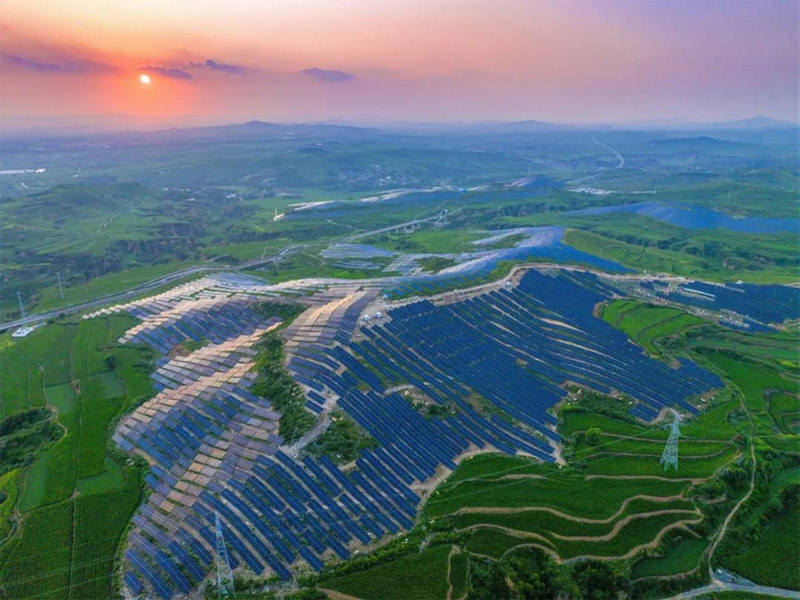The Lithuanian Parliament has adopted the latest version of the National Energy Independence Strategy (NEIS) to 2050, with the goal of achieving complete energy independence by 2050, producing enough energy to meet its own needs and exporting it.
The strategy has four main goals: (1) ensuring a secure and reliable energy supply to all consumers; (2) achieving 100% climate-neutral energy for Lithuania and the region; (3) transitioning to an electric economy and developing a high value-added energy industry; and (4) ensuring consumers have access to energy resources.
Lithuania expects electricity consumption to increase more than sixfold by 2050, from the current demand of 12TWh to an estimated 74TWh.
In order to achieve the goal of 100% carbon neutrality by 2050, the Lithuanian Parliament believes that by 2030, the country has the potential to add 5.9GW of onshore and offshore wind power, 4.1GW of solar power, and 1.5GW of energy storage. By 2050, the potential installed capacity of onshore and offshore wind power is 14.5GW, the potential installed capacity of solar energy is 9GW, and the potential installed capacity of battery energy storage parks is 4GW.
It is understood that in 2022, renewable energy accounted for 29.62% of total energy consumption in Lithuania. NEIS predicts that by 2030, this proportion will increase to 55%, 85% in 2040, and finally reach 95% in 2050.
Cowell offer utility-scale PV power plants and innovative power solutions. Anything we could help for ground mounted photovoltaic system and commercial and residential rooftops, please feel free to contact.


 M-F 9AM to 6PM
M-F 9AM to 6PM  admin@cowellxm.com
admin@cowellxm.com
 315 No.13 Malong Road, Huli District,Xiamen City, Fujian Province,China
315 No.13 Malong Road, Huli District,Xiamen City, Fujian Province,China




